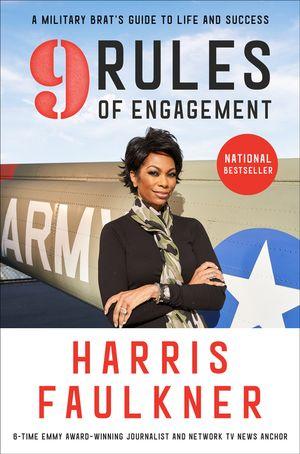Fox anchorwoman Harris Faulkner’s new book, “9 Rules of Engagement: A Military Brat’s Guide to Life and Success,” reveals how her father achieved the American Dream—and not just the dream of providing well for his family, but the dream as the term was originally coined. In his 1931 book “The Epic of America,” James Truslow Adams described it as a society in which “each man and each woman shall be able to attain to the fullest stature of which they are innately capable, and be recognized by others for what they are, regardless of the fortuitous circumstances of birth or position.”
Faulkner’s father found self-fulfillment by joining the military.





